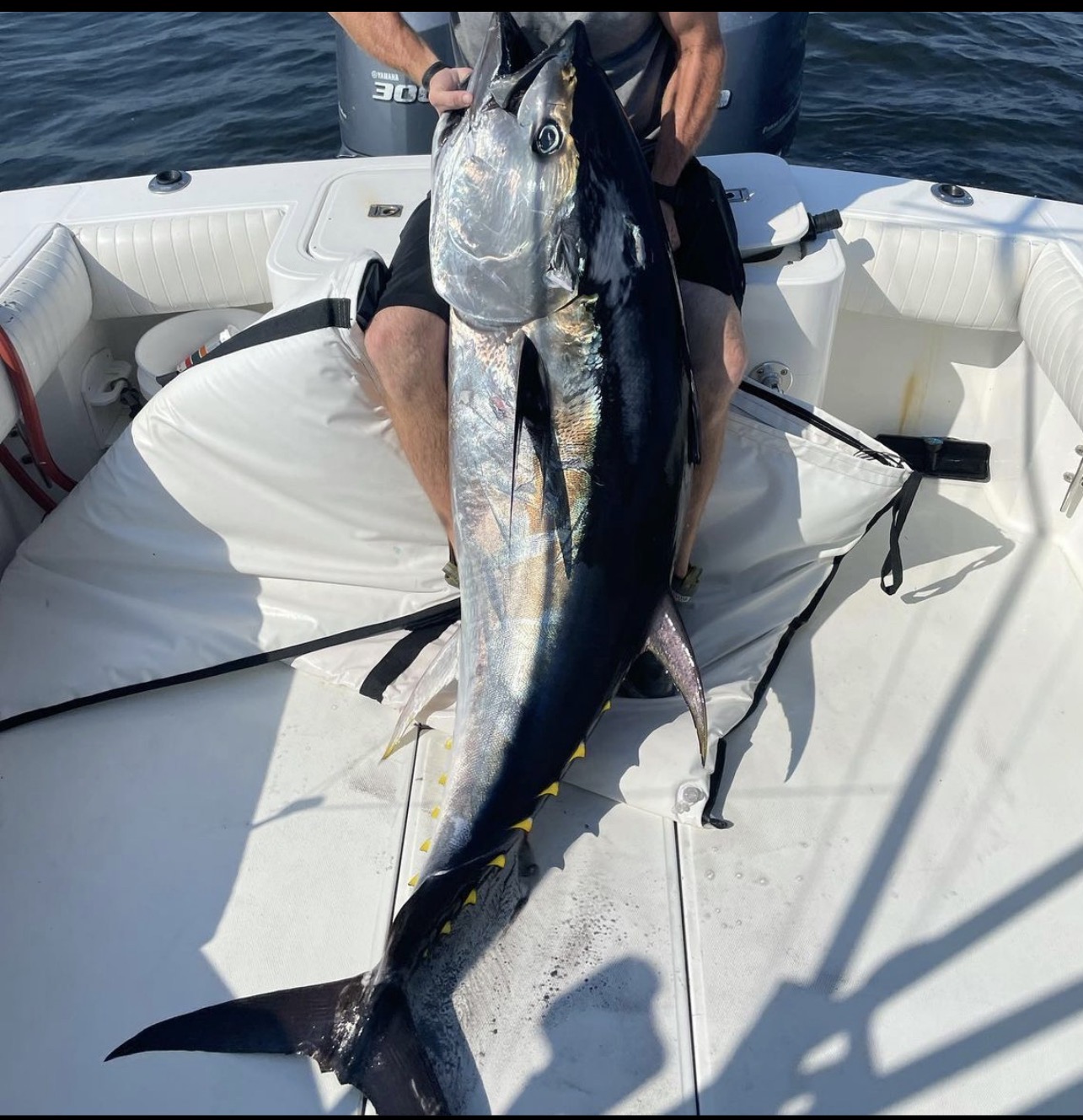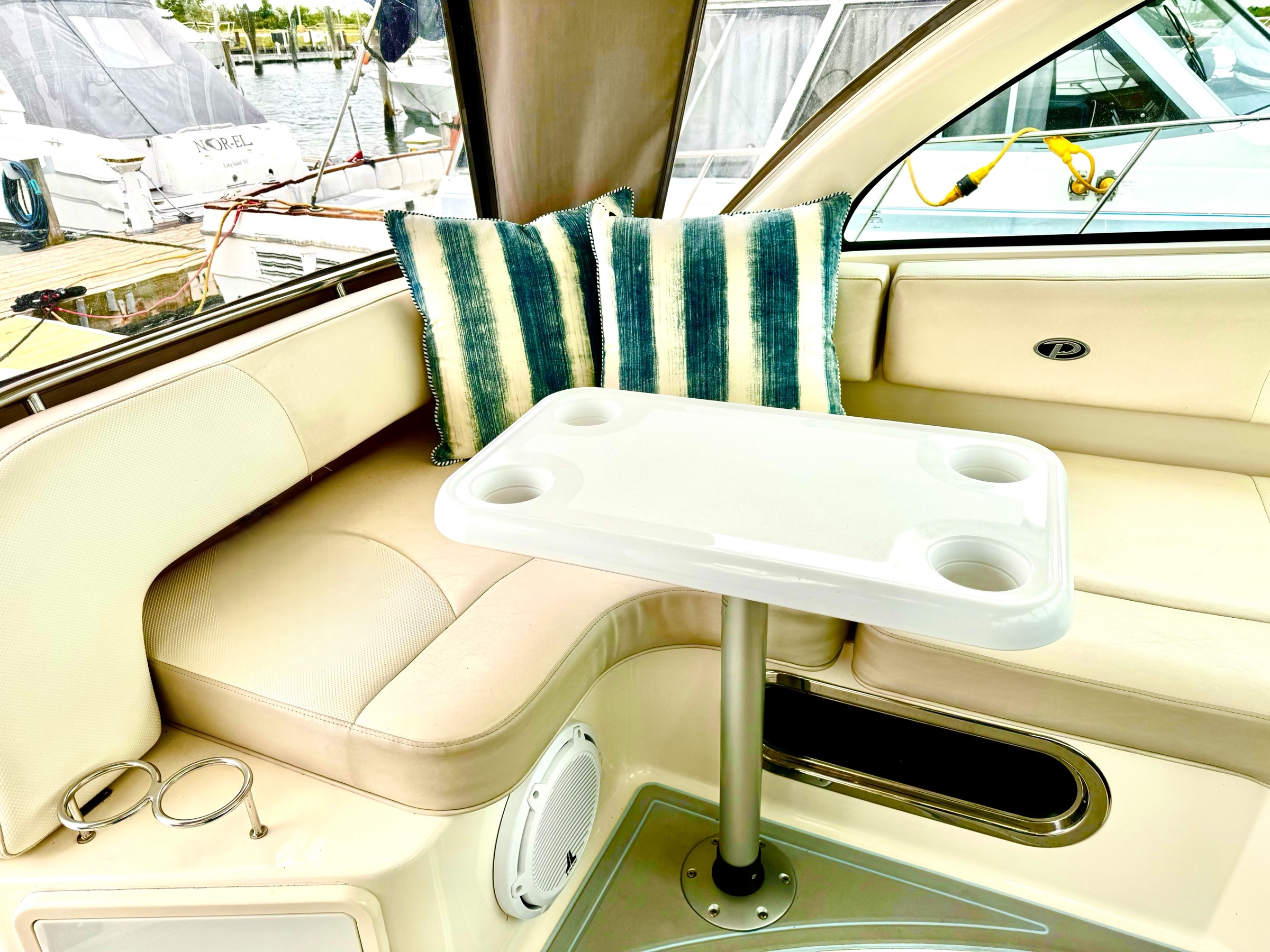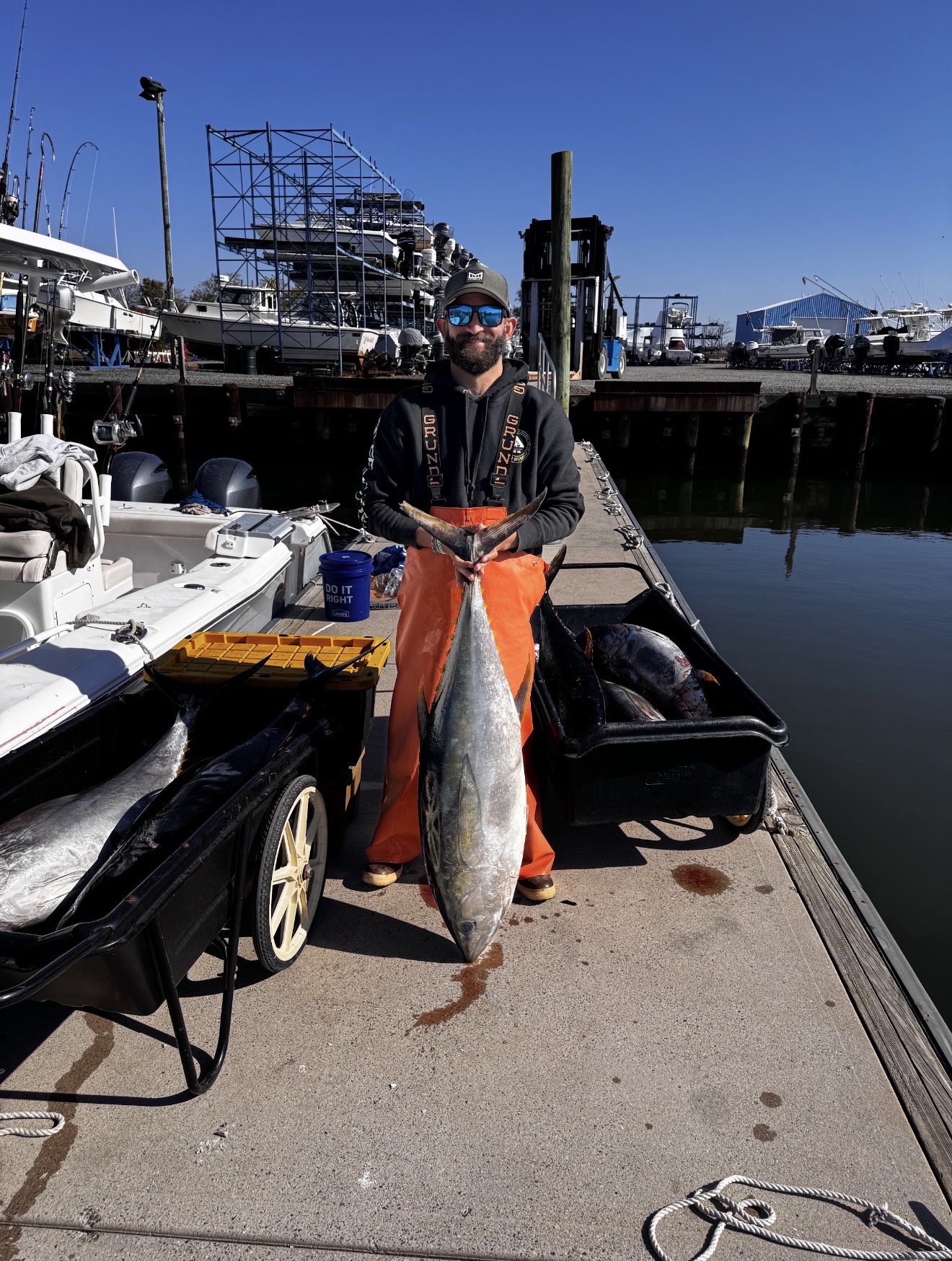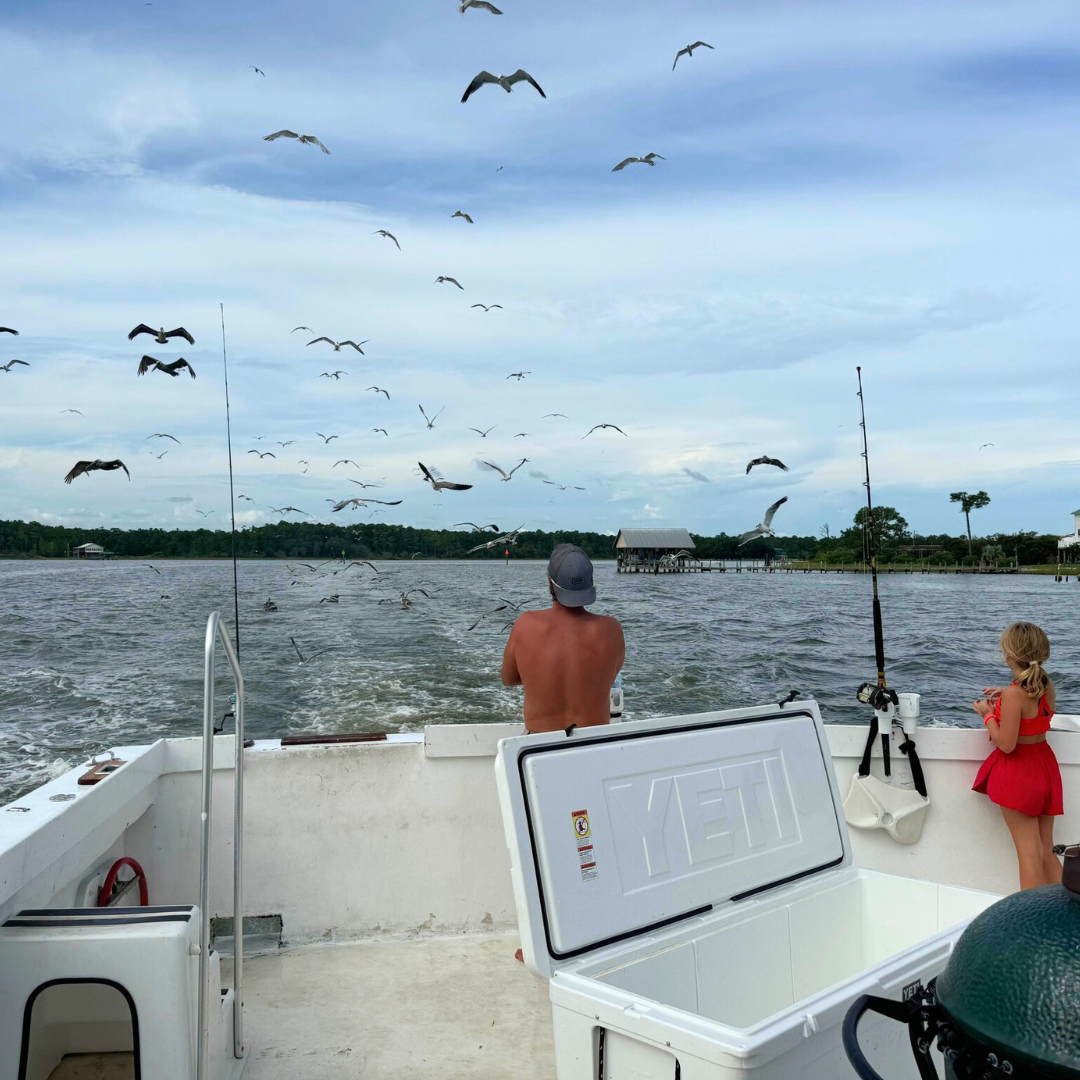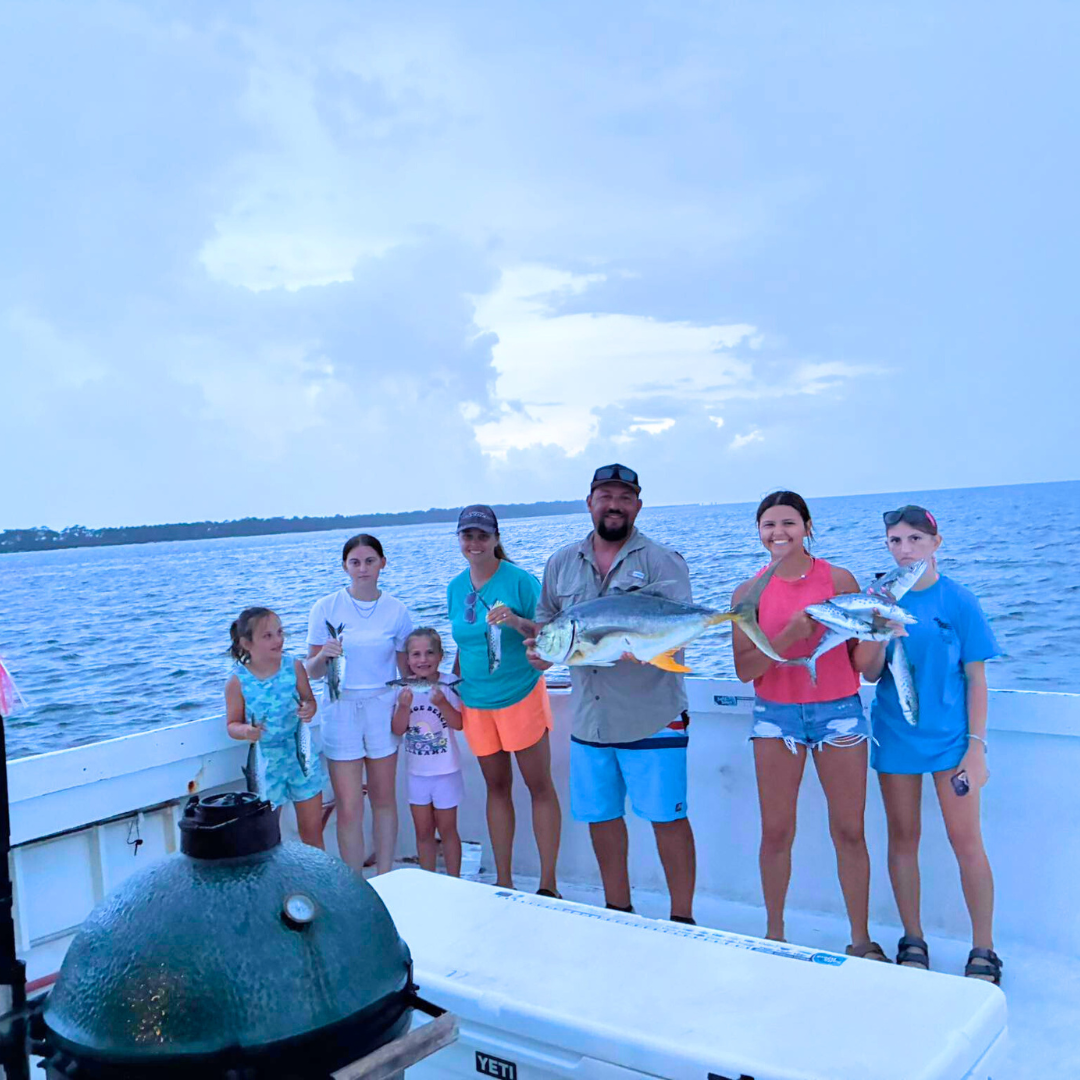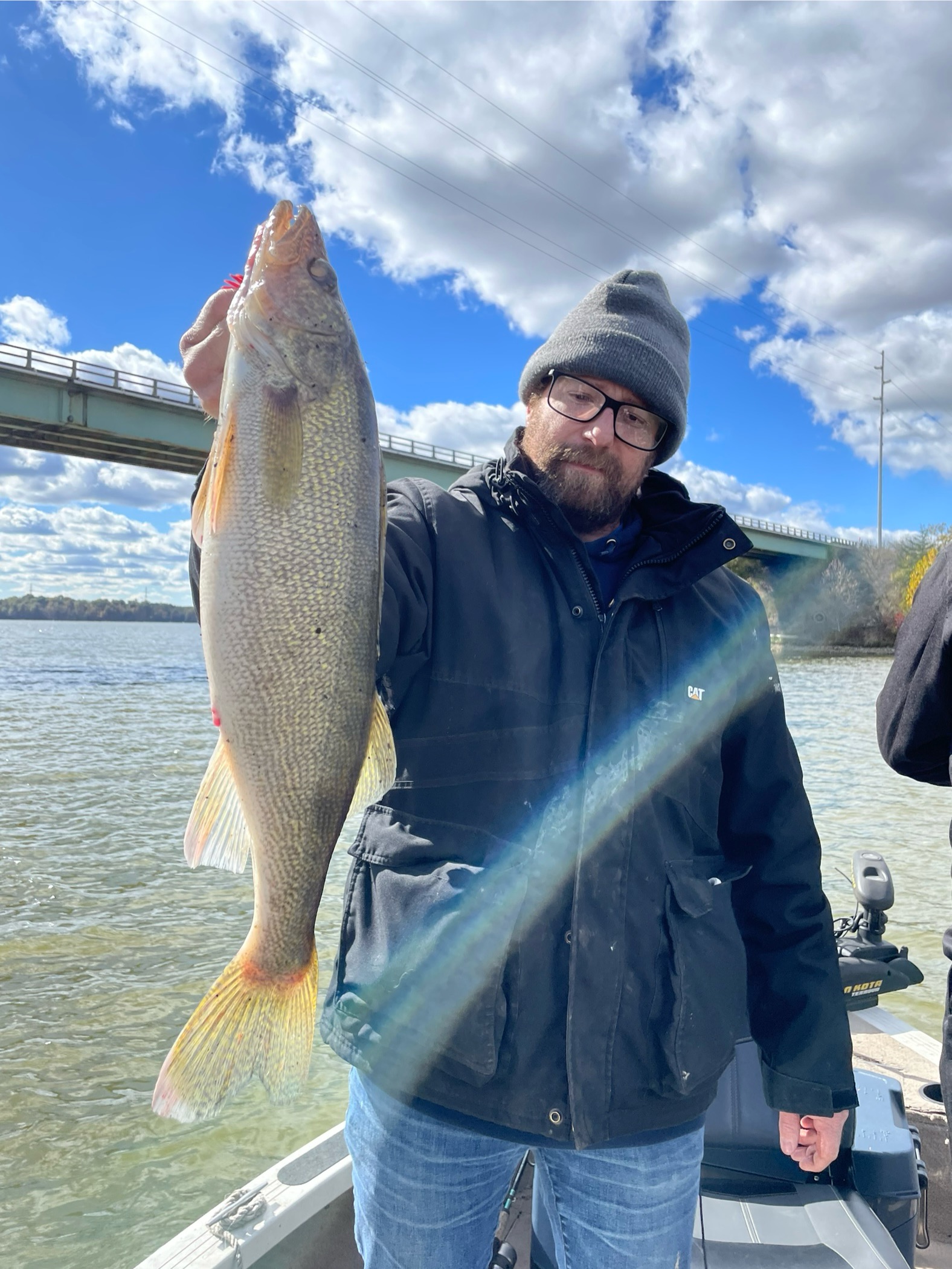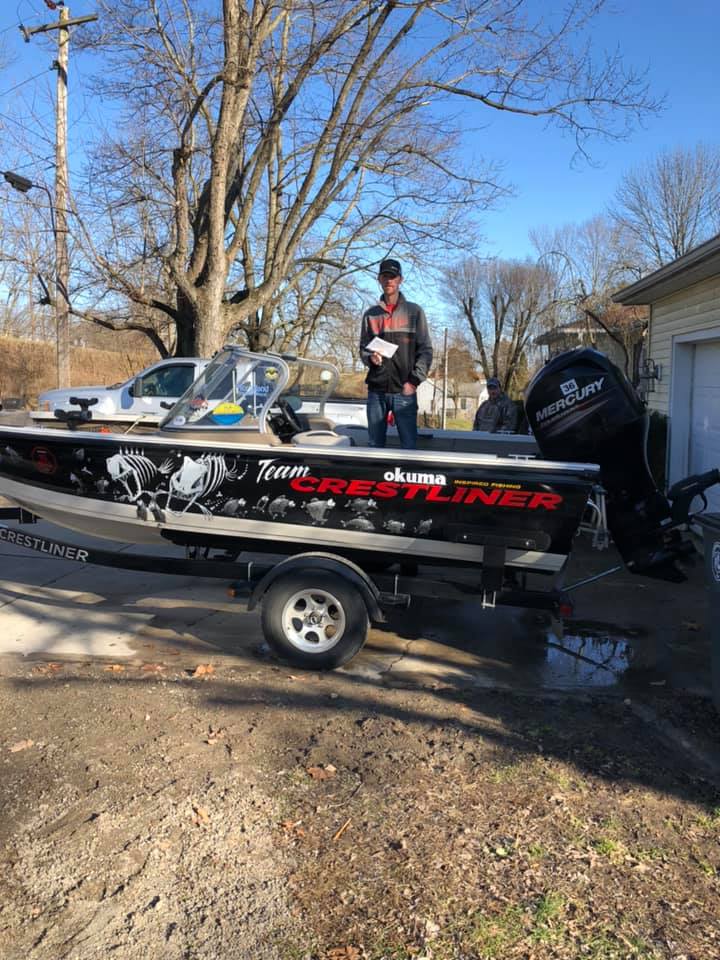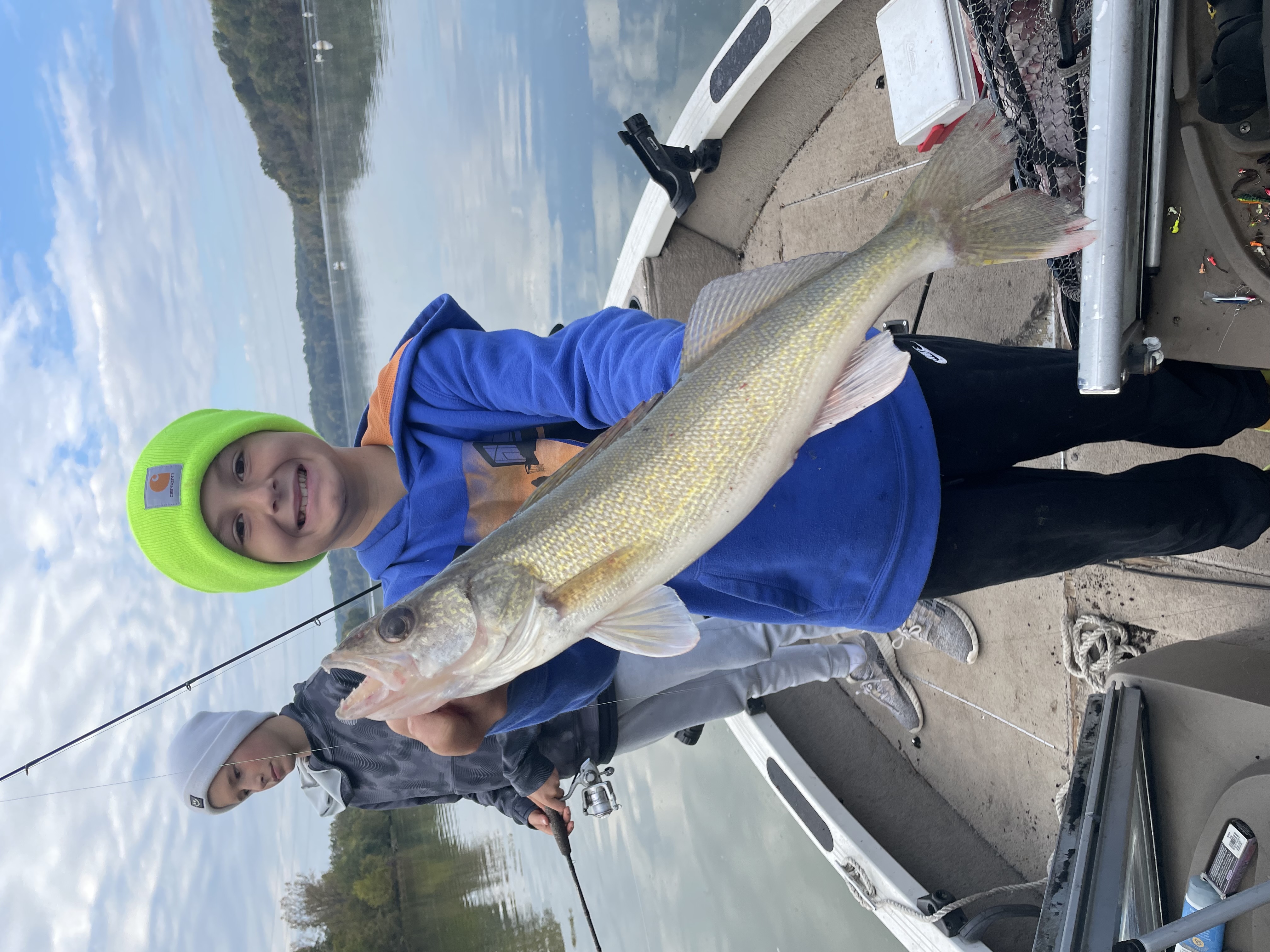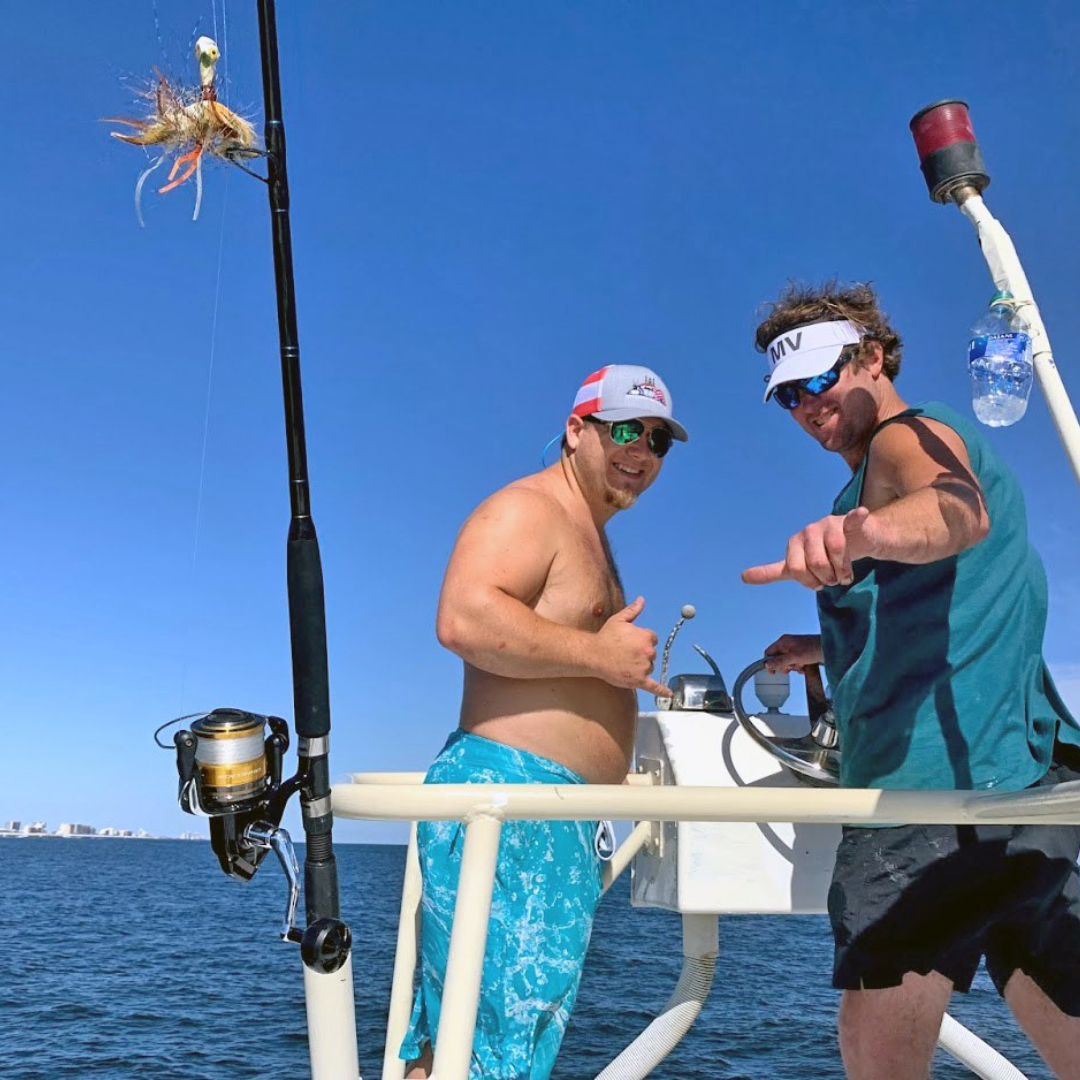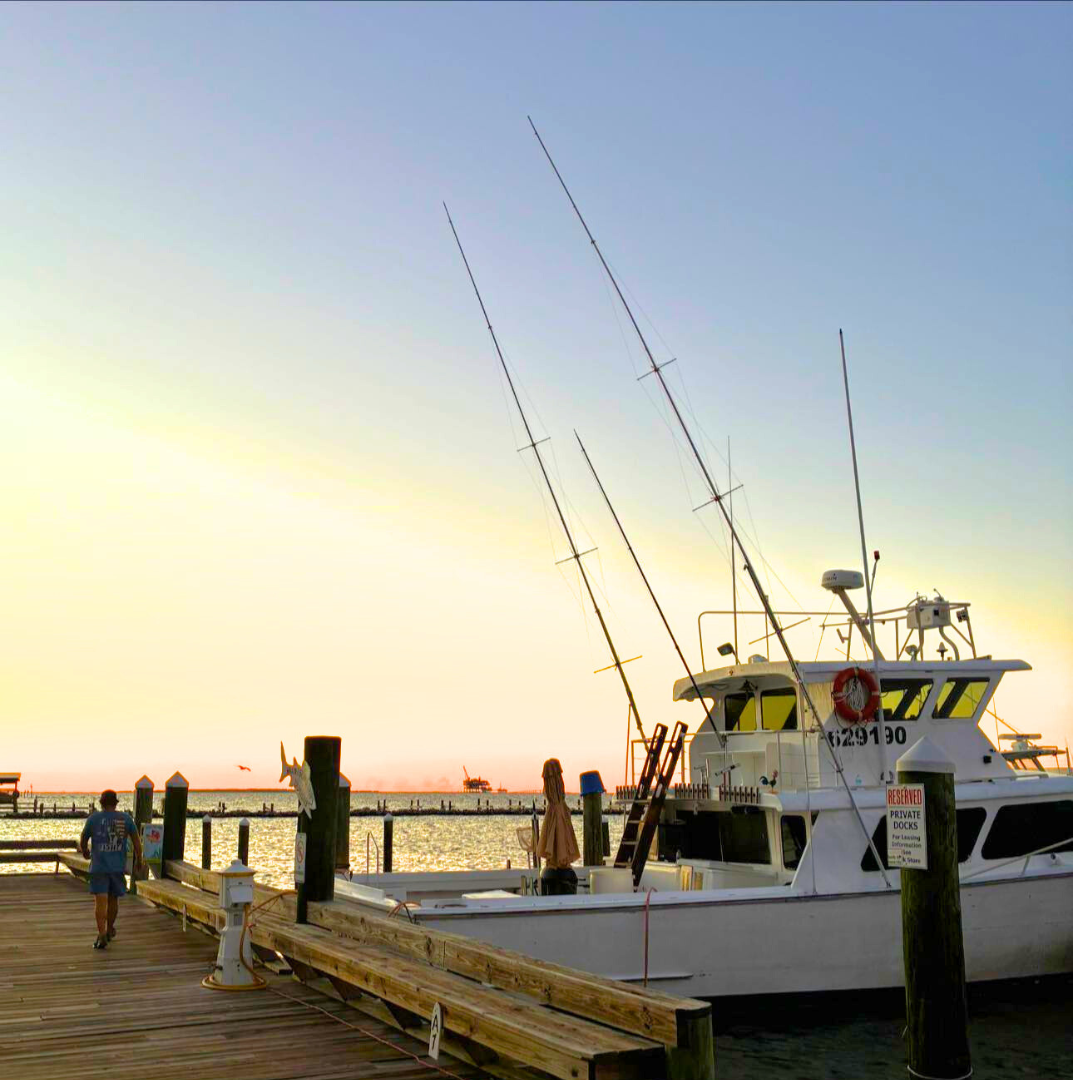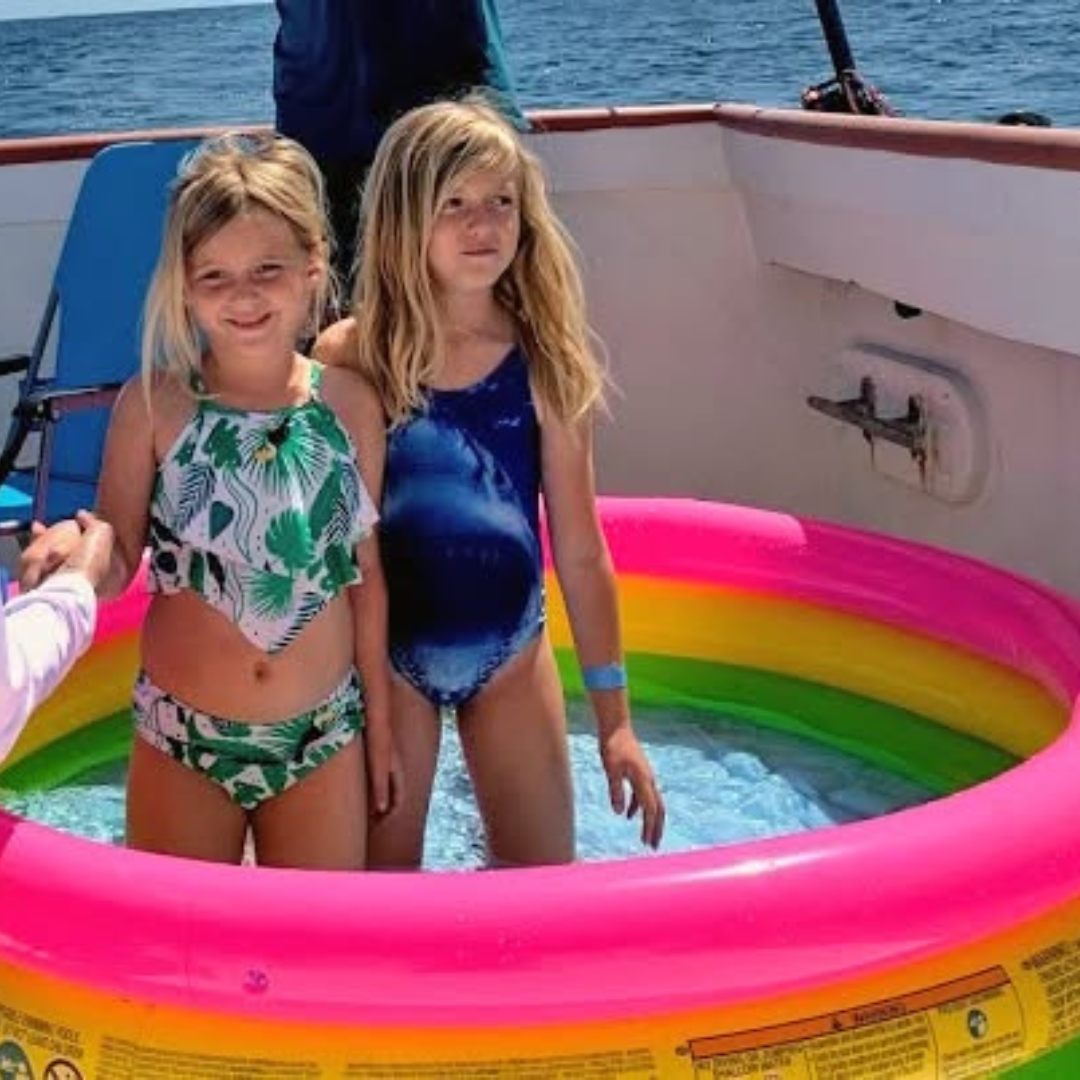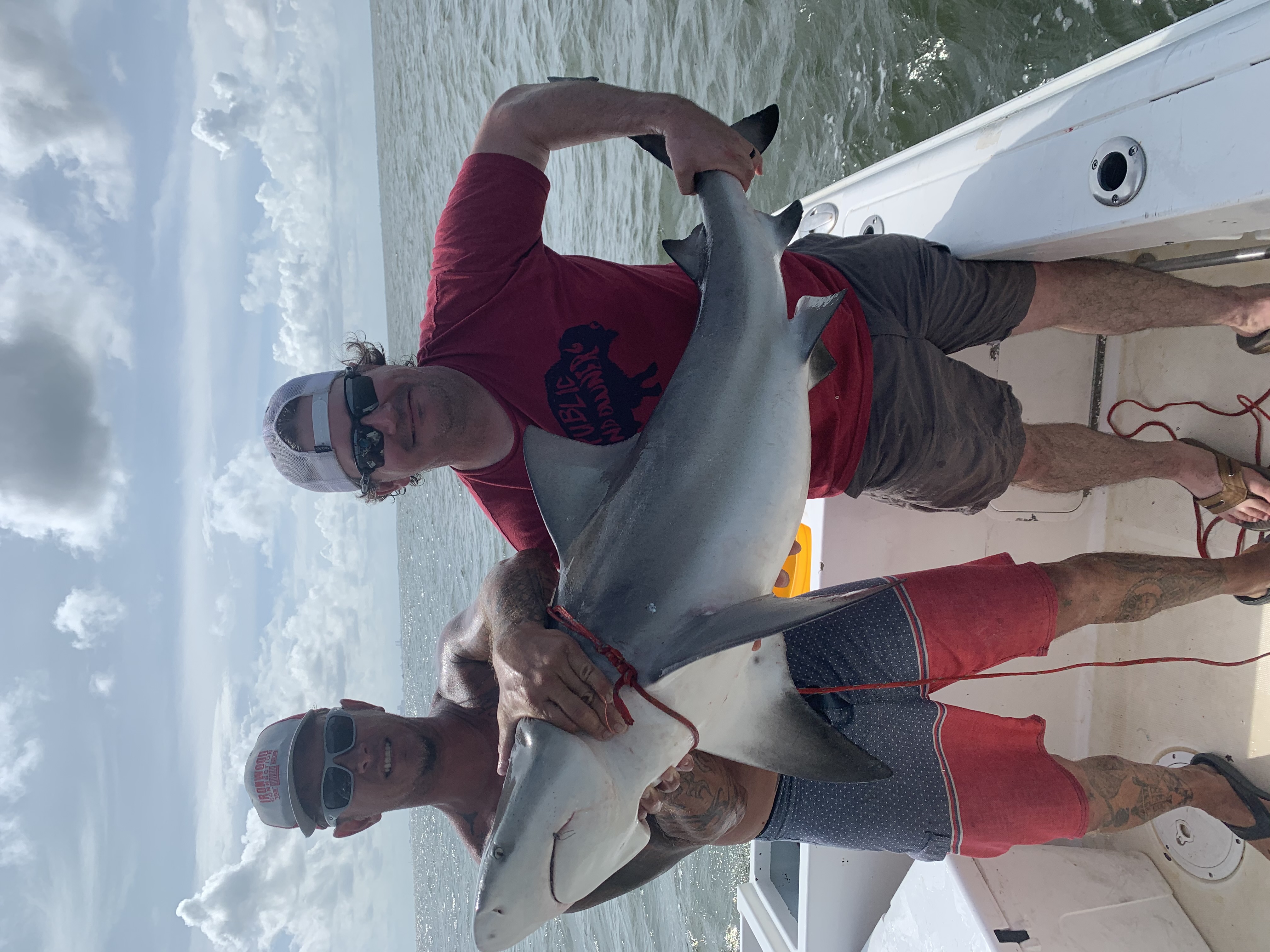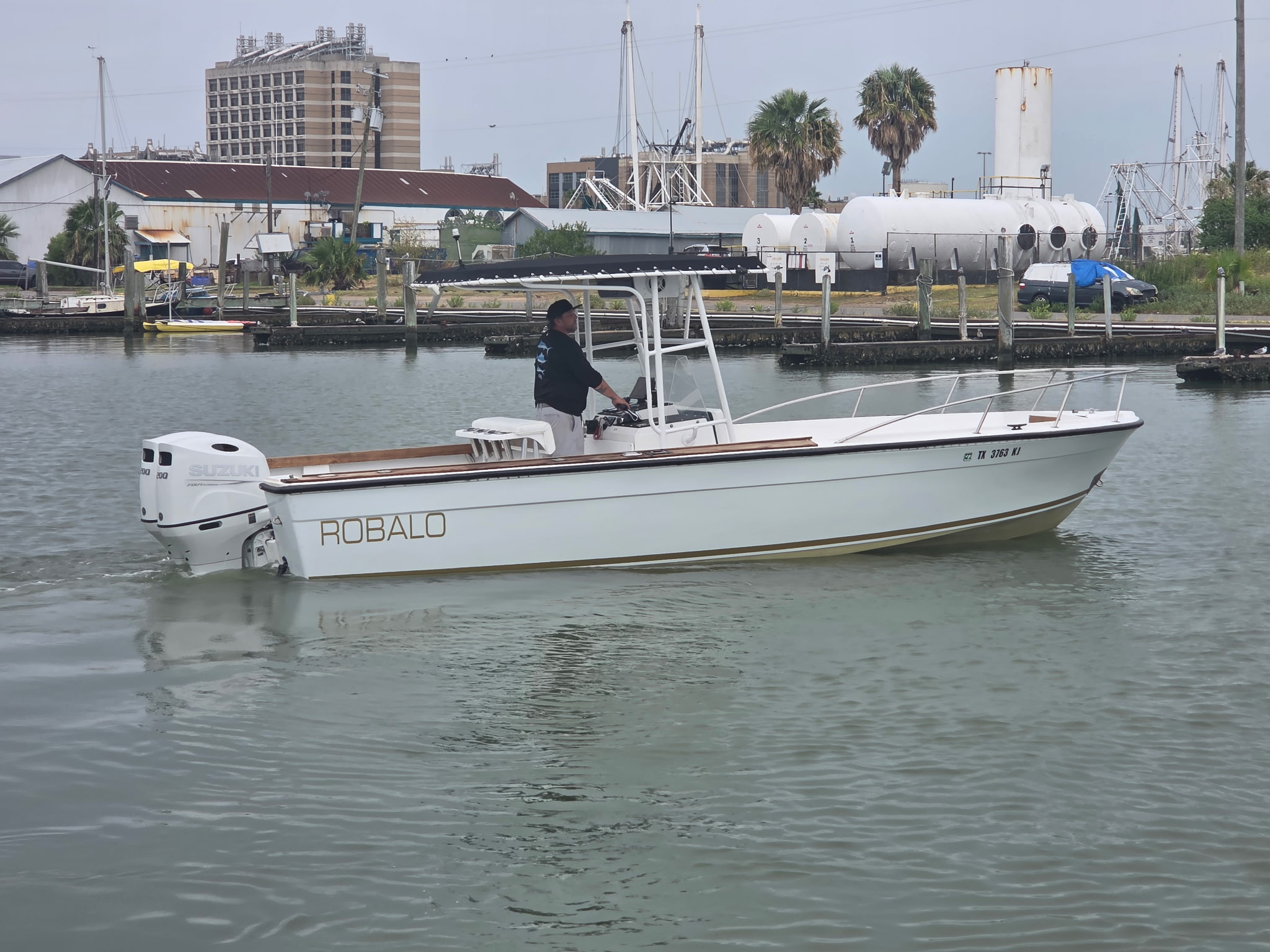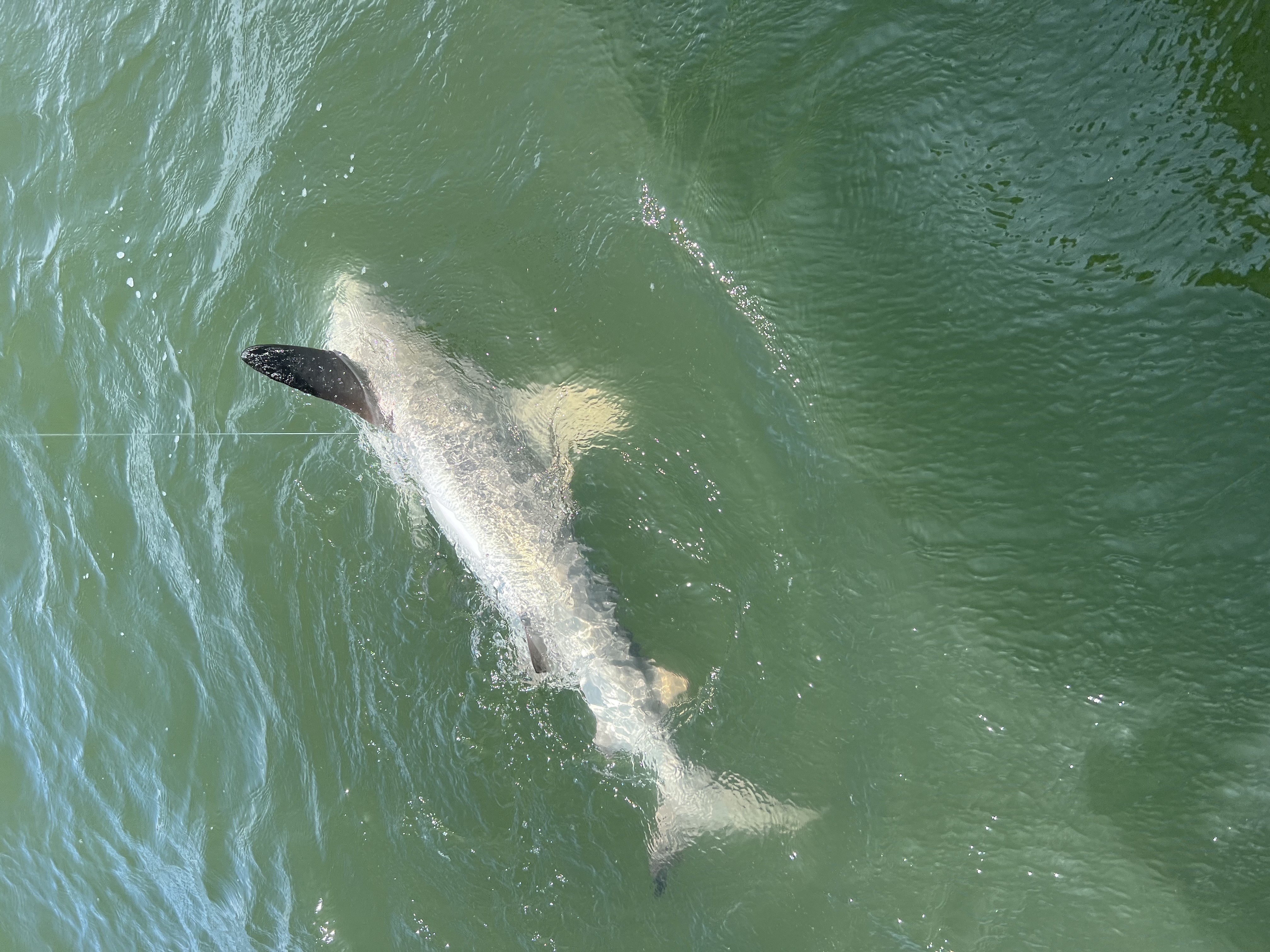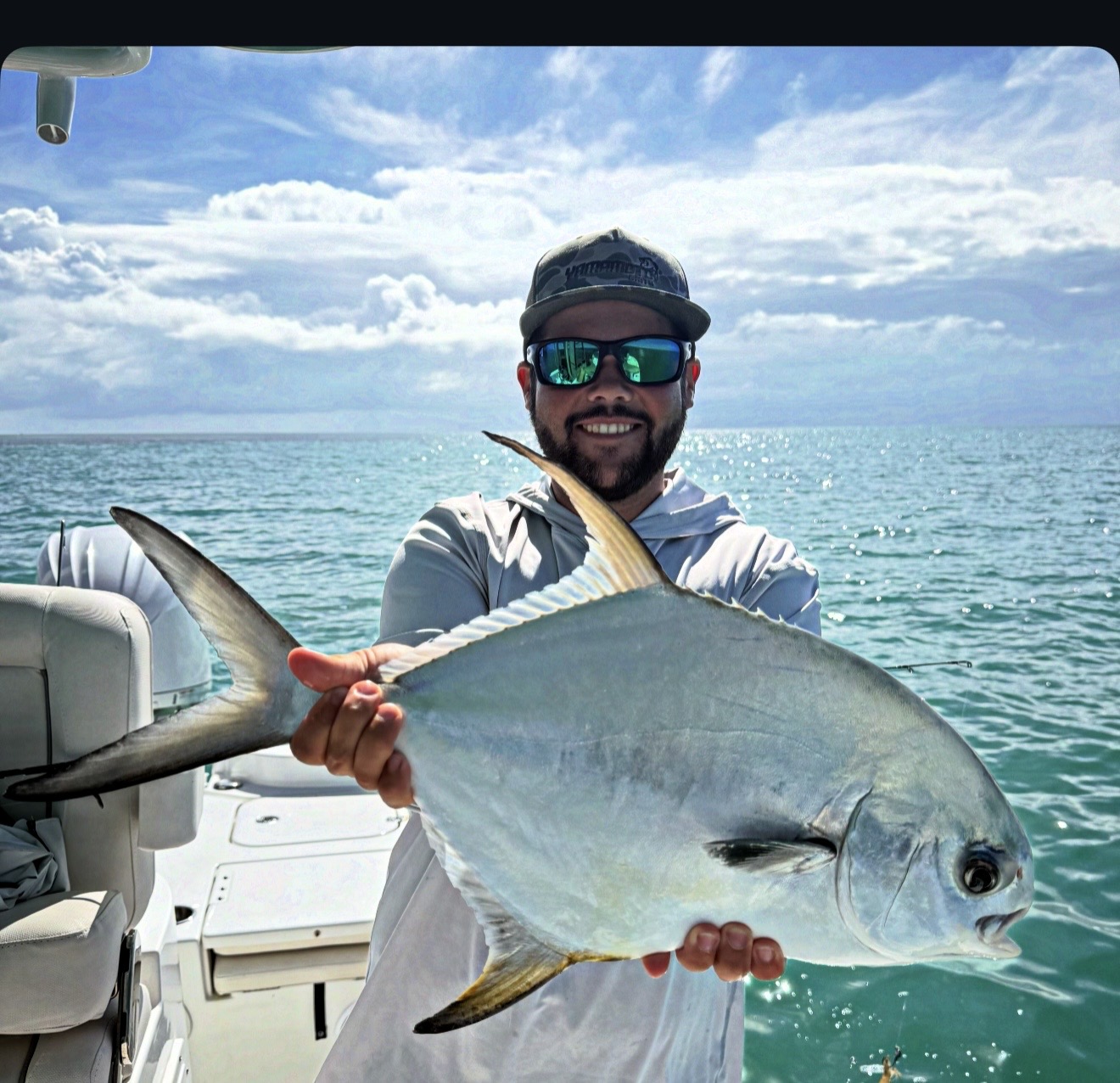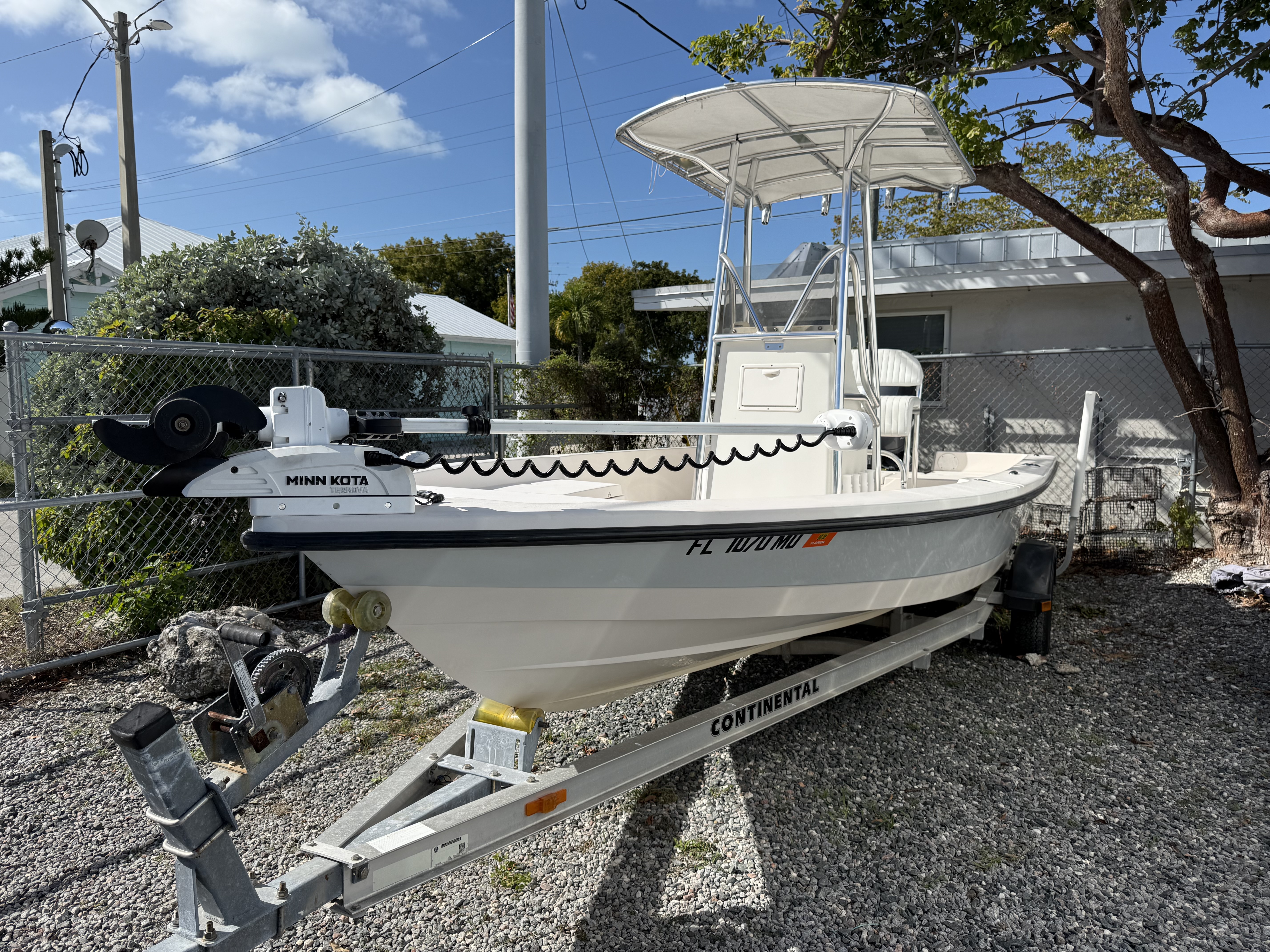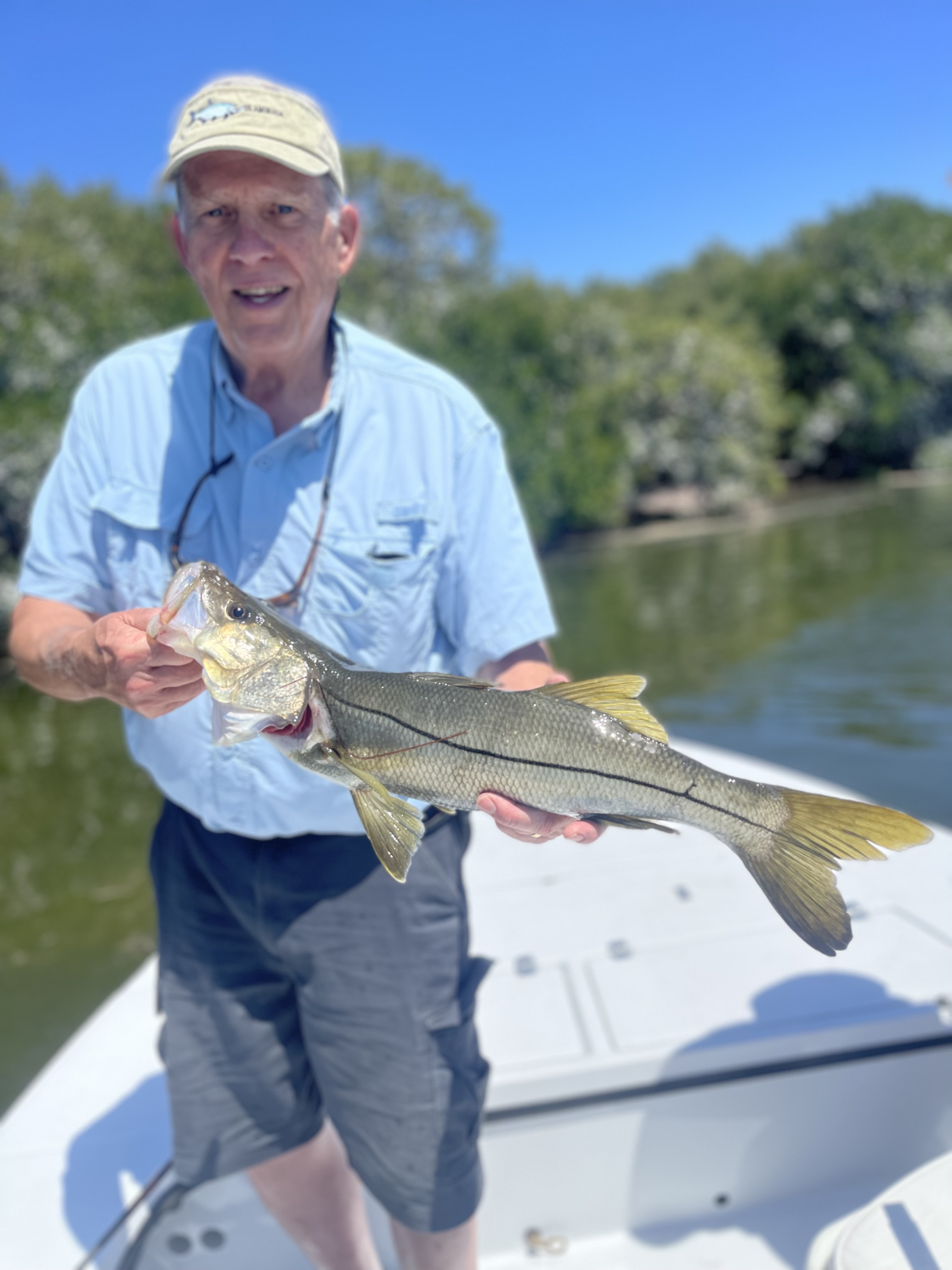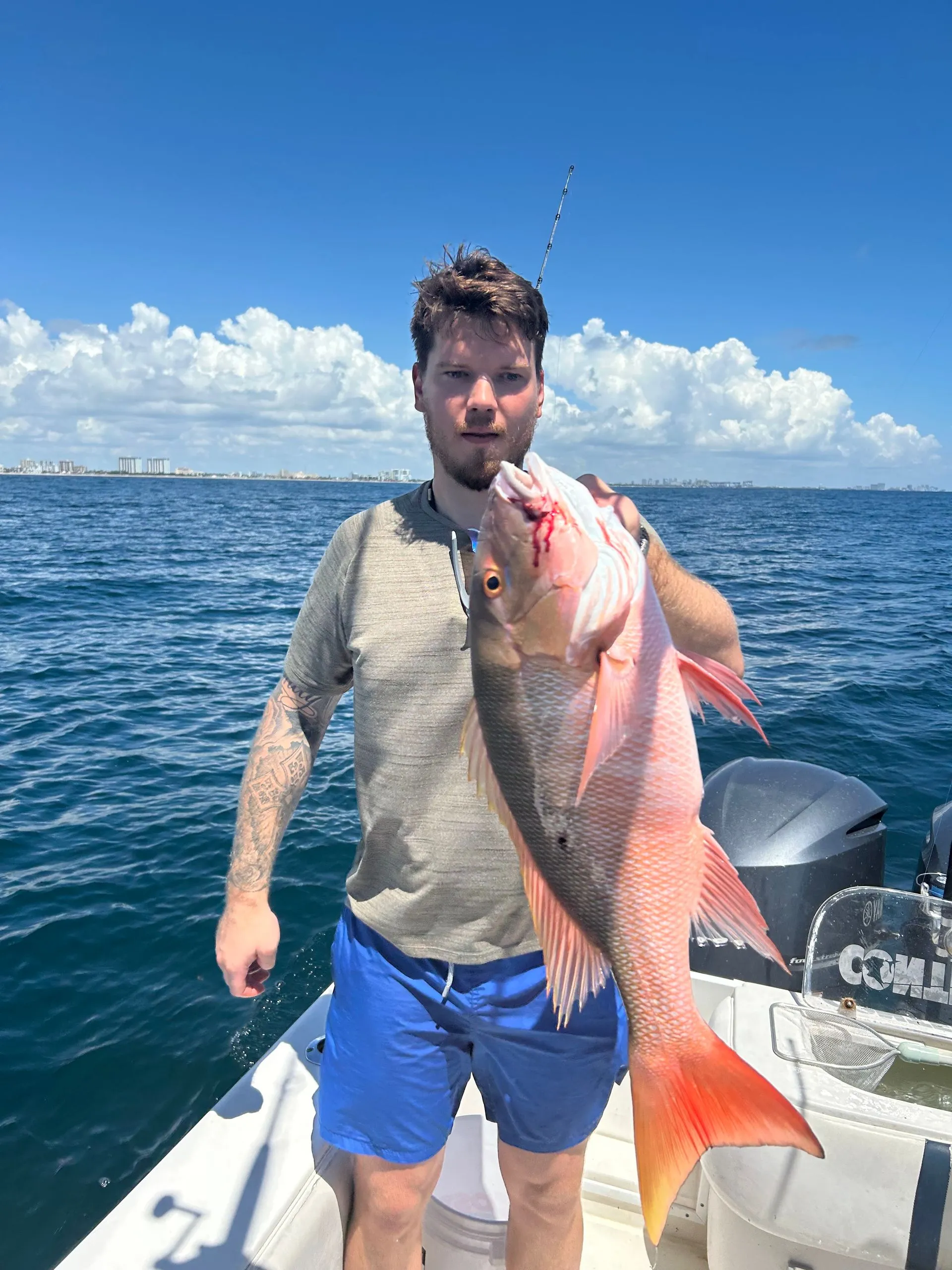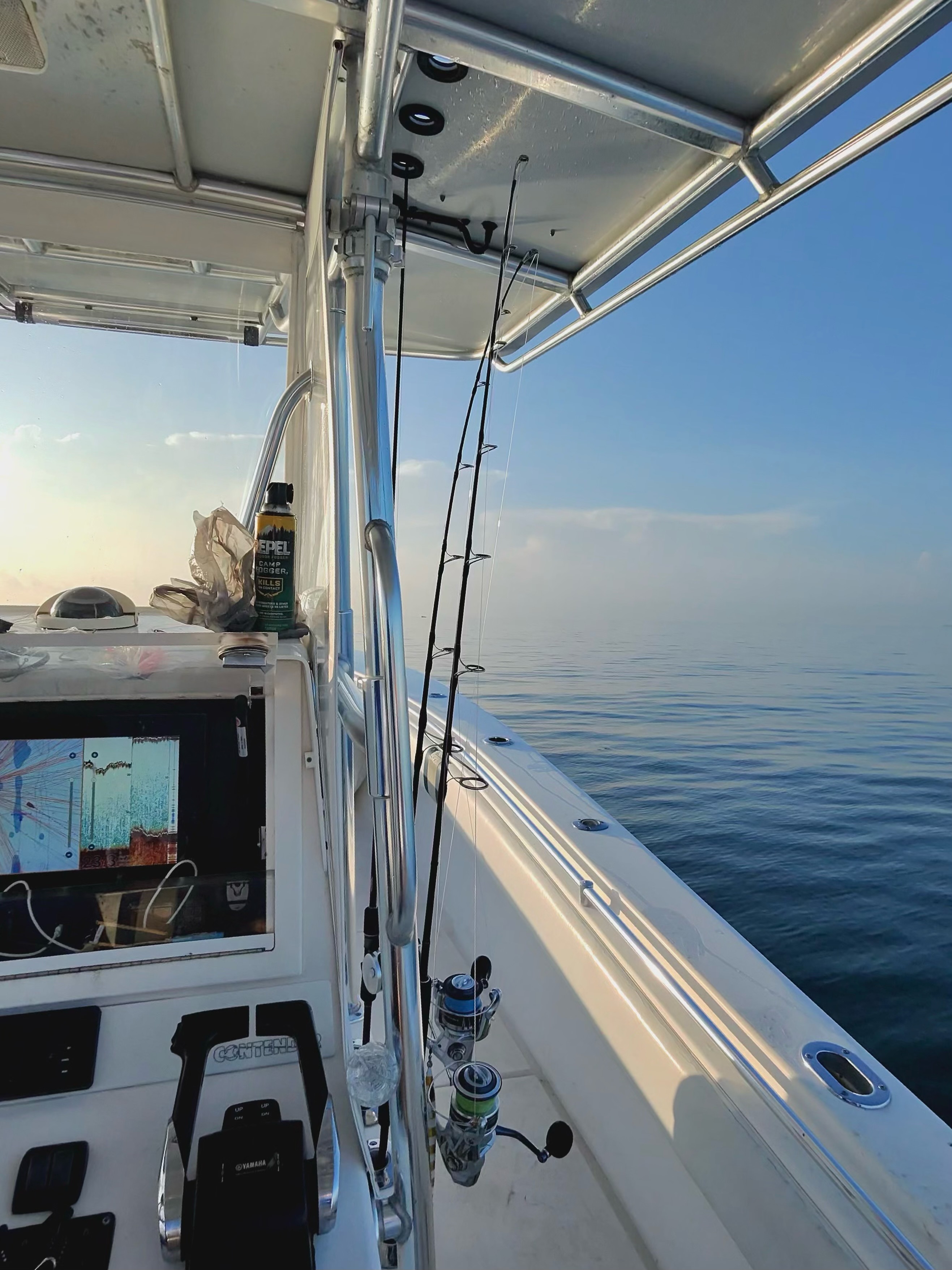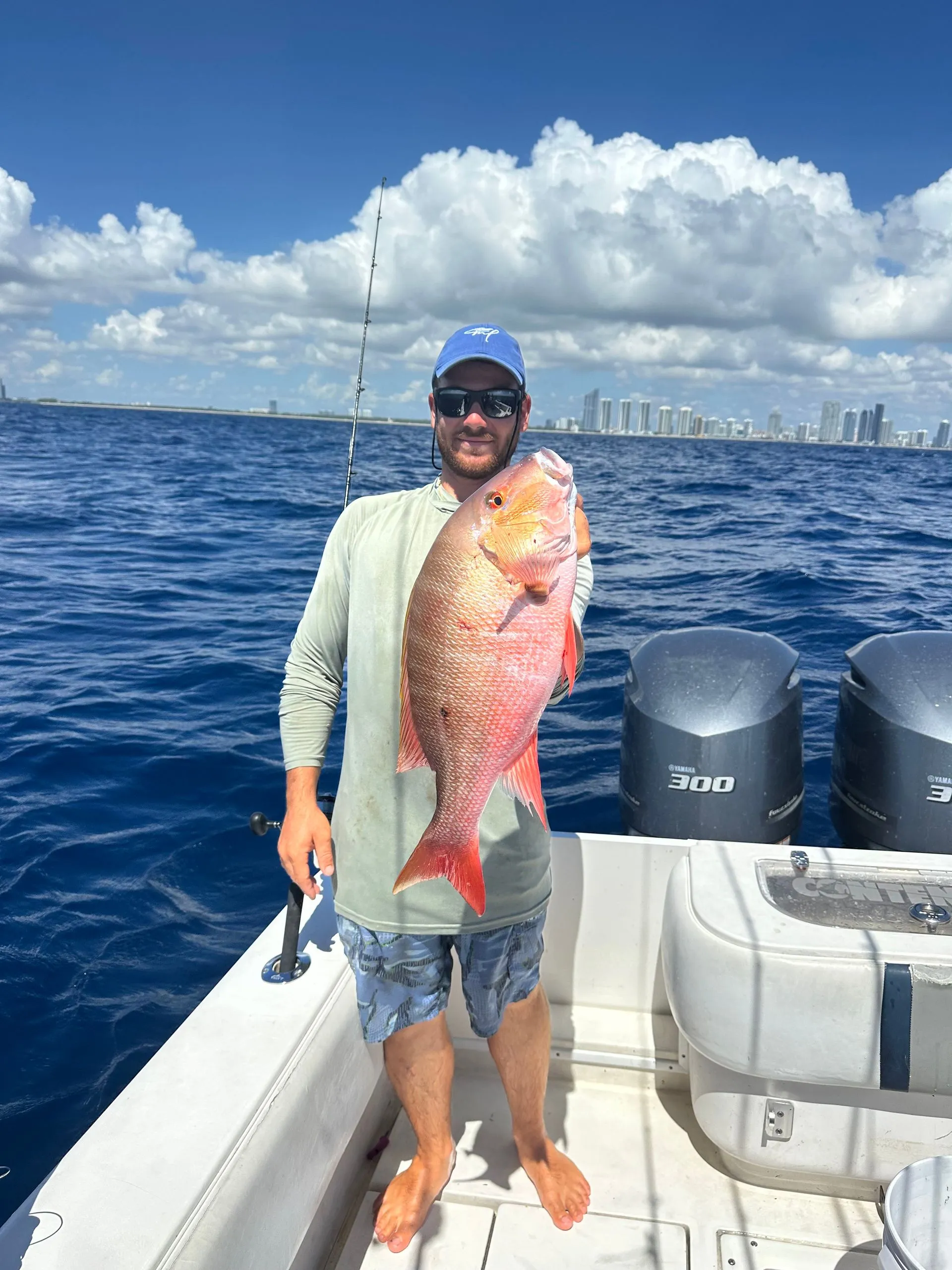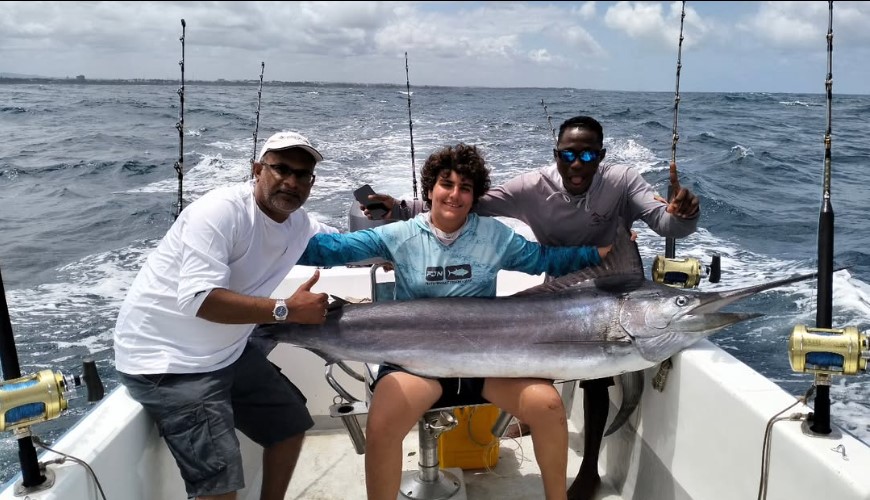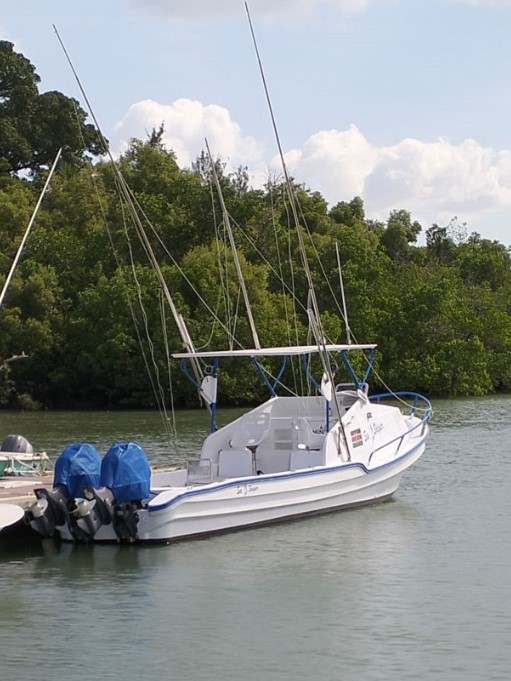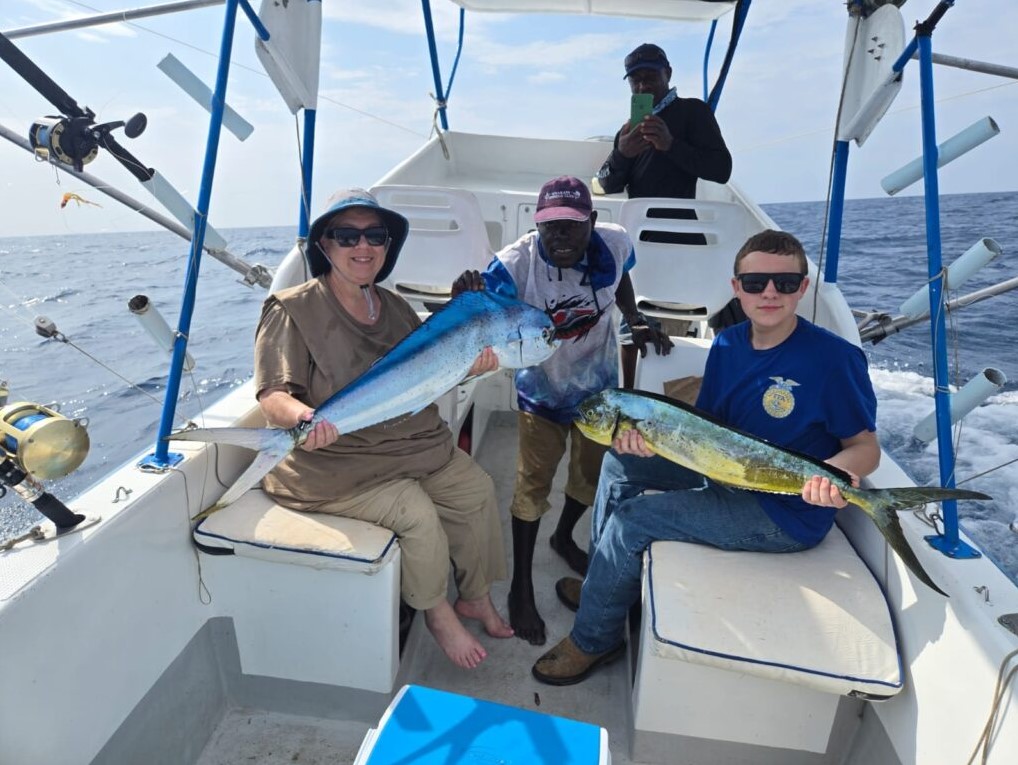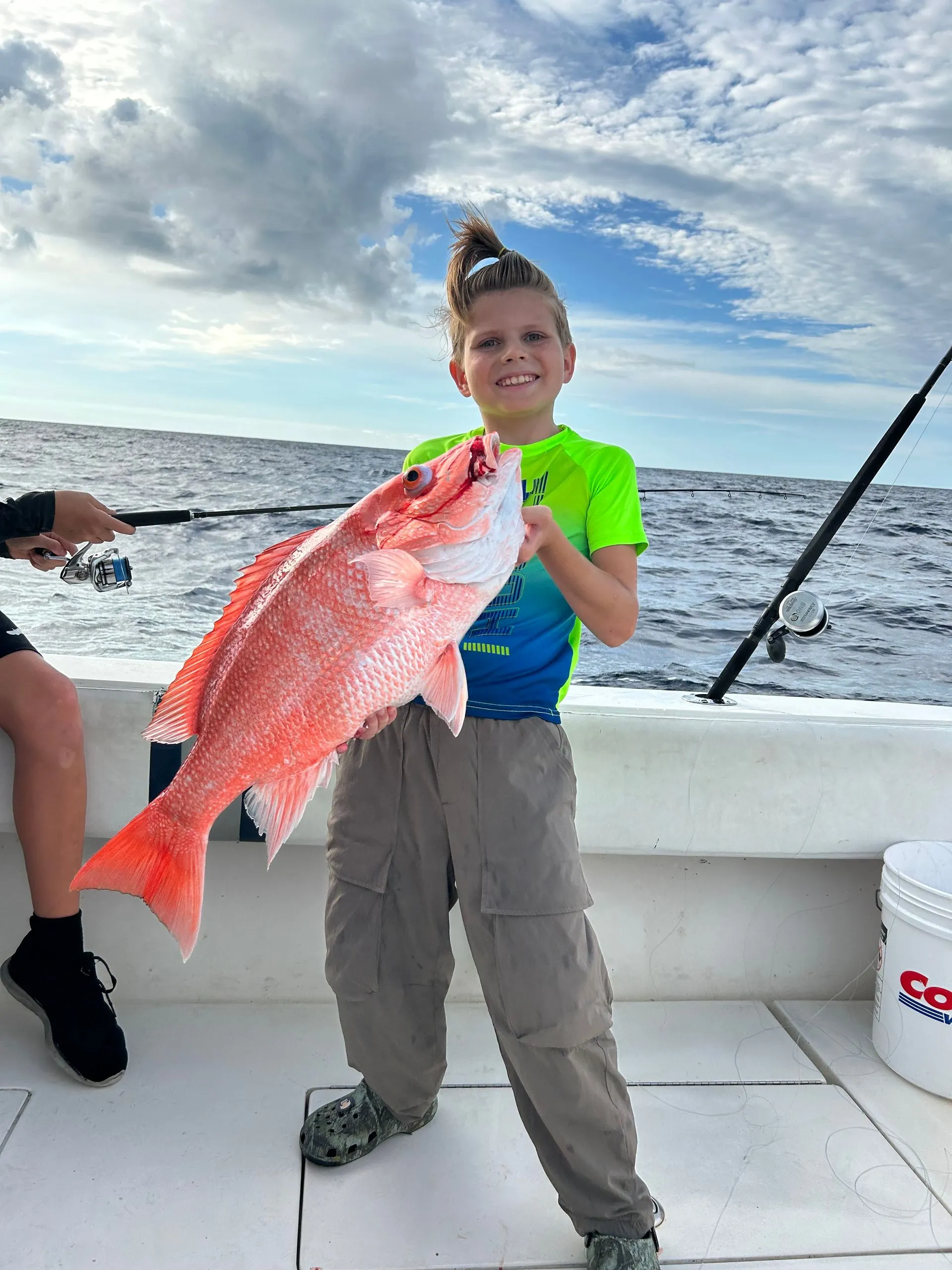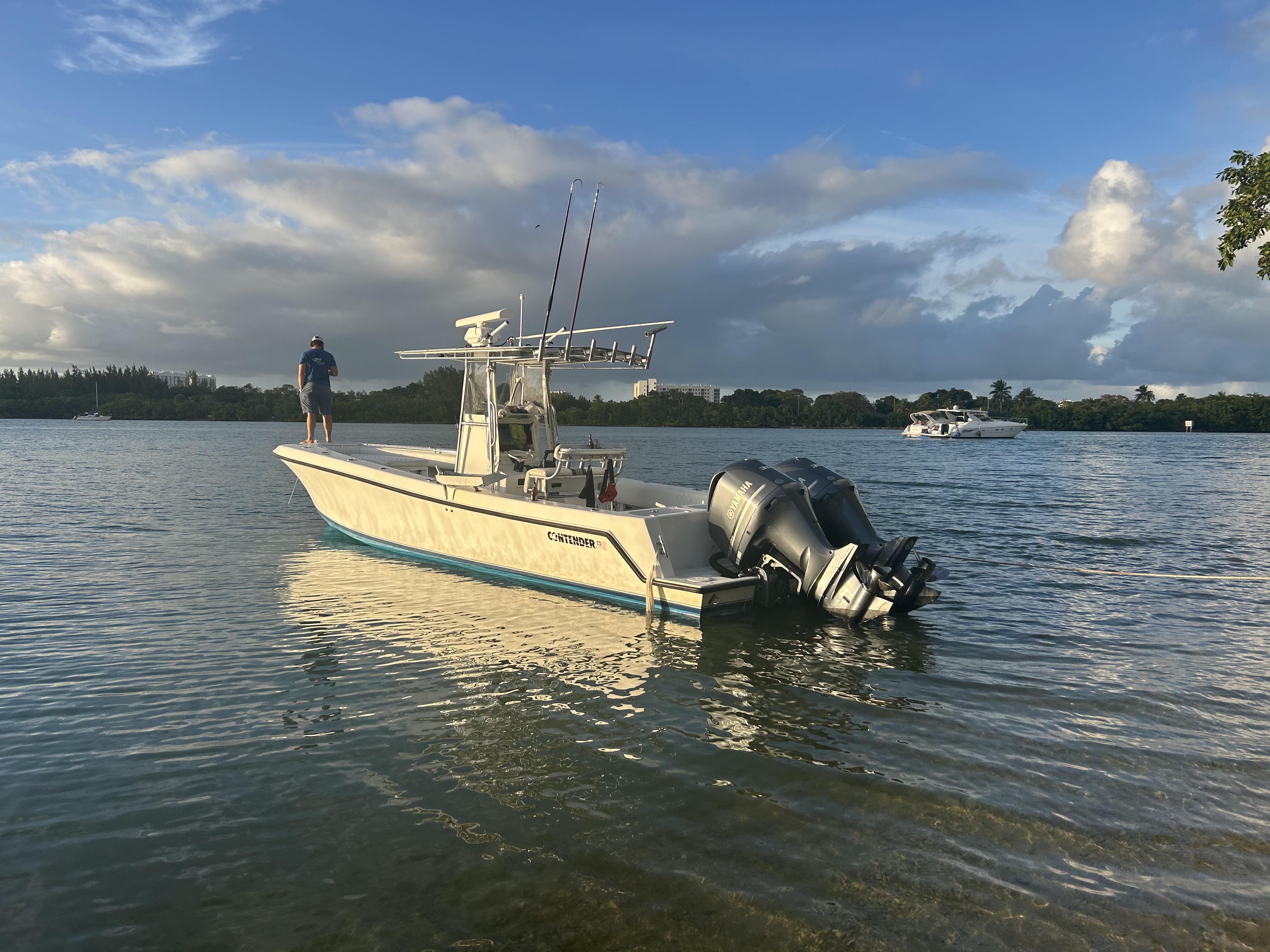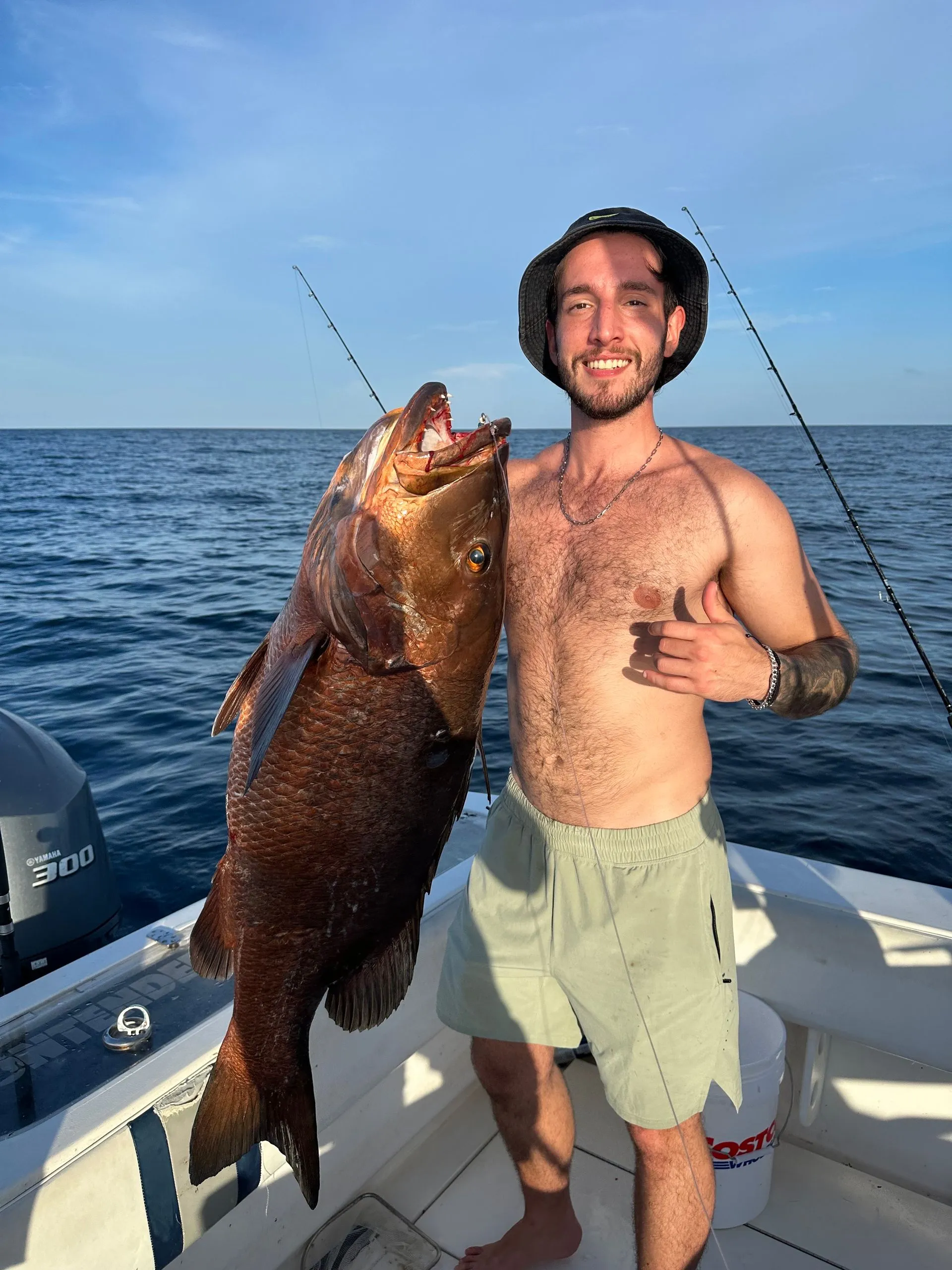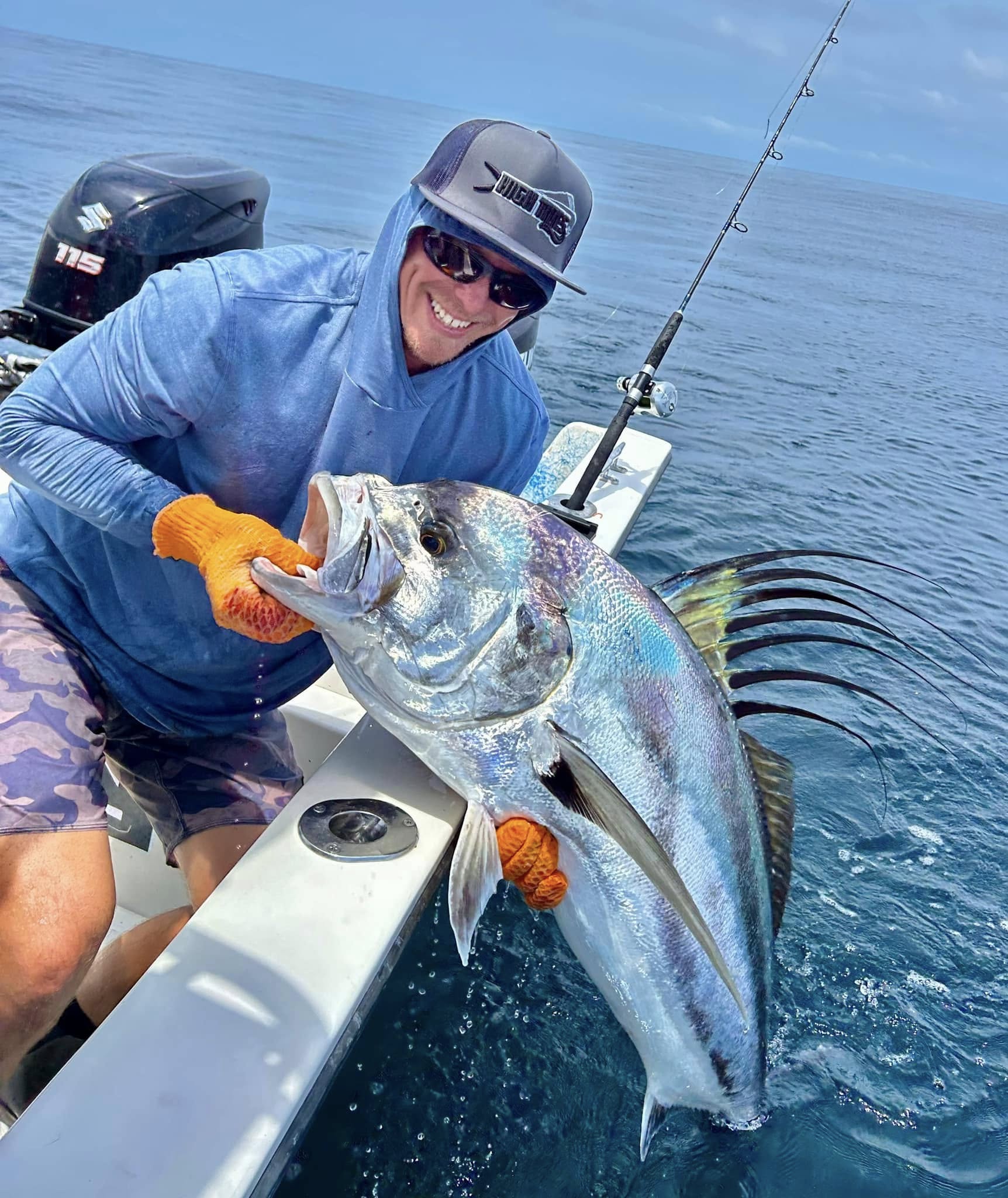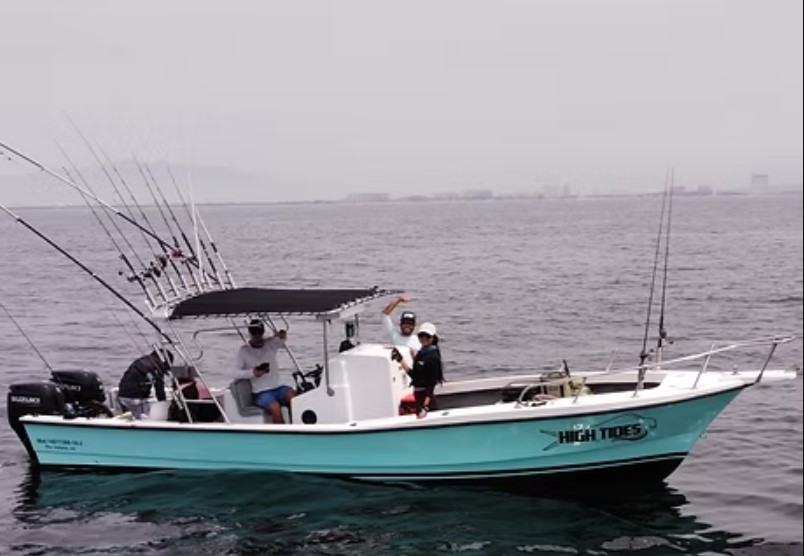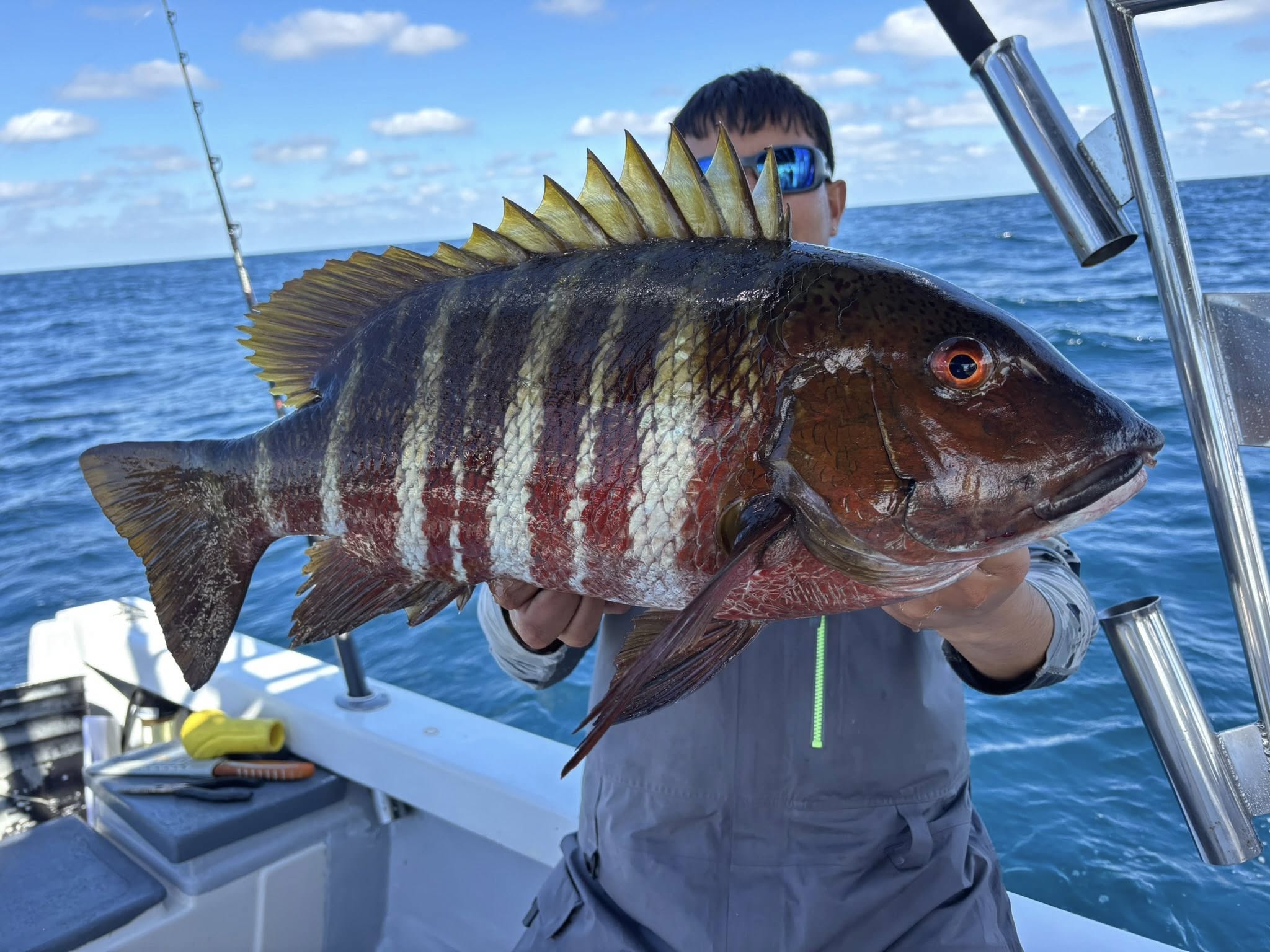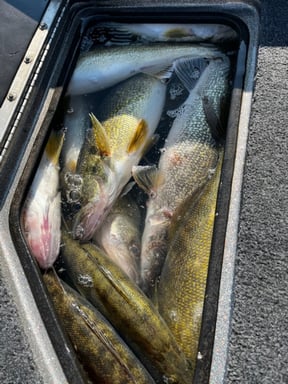Inshore, Nearshore Fishing in Freeport
Tuna Fishing Charter
Deep Sea Fishing in Gulf Shores
Spring Break Special
Brookville Lake Reservoir Fishing
Nearshore Fishing in Gulf Shores
SPRING BREAK Trolling Trip
Nearshore, Jetty Fishing in Galveston
Shark Hunt
Inshore, Flats Fishing in Islamorada
Islamorada Backcountry
Inshore, Nearshore Fishing in Miami Beach
4-Hour Inshore & Nearshore Trips
6-8 Hour Fishing Trip - Mombasa
Deep Sea, Nearshore Fishing in Miami Beach
6-Hour Reef And Wreck Fishing
Inshore, Deep Sea, Nearshore in Puerto Vallarta
Puerto Vallarta Panga Trips
We started Captain Experiences to make it easy to book fishing and hunting guides around the world. With over 2,000 Damn Good Guides, our platform makes finding and booking a trip seamless. Head here to check out our trips.
Fishing in rivers can be incredibly fun and rewarding if you know how to do it right. Rivers present a unique set of challenges but with these five effective tips and techniques, you'll be more successful the next time you hit the water. So get ready to have some fun out on the water.
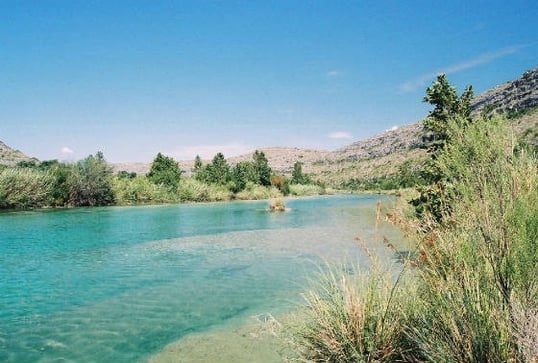
1) Read The Water
One of the most important aspects of river fishing is being able to read the water. This means understanding the flow, speed, and depth of the water, as well as any obstacles or features that could affect your lure or bait. Pay attention to the weather forecast and any rainfall that has occurred in the area, as this can affect river conditions for days or even weeks afterward. If the water is high and fast, fish will often be found in areas with cover or near eddies where the current is not as strong.
2) Search The Edges And Ledges
River fish prefer edges so when the water is high, fish will often be found close to the bank. The best way to find them is by wading out and feeling with your feet for submerged logs or other structures that may provide shelter. Once you've located a likely spot, cast your line upstream and let the bait drift downstream. Watch for any movement in the line that indicates a bite, and be ready to set the hook.
3) Use The Right Tackle
River fishing can be a great way to enjoy the outdoors and have a relaxed day out on the water. However, to be successful, it's important to use the right tackle. There are a few different types of river fishing rods, hooks, and tackle that you can use, so it's important to know what will work best in each situation.
For example, using a heavier rod and line is often necessary when fishing in faster-moving water, as this will help to keep your bait in place. In contrast, lighter tackle is often better suited for fishing in slower-moving water or when targeting smaller fish. Additionally, using the right size and type of hook is crucial for landing your catch. River fishing hooks come in a variety of sizes and shapes, so it's important to choose one that will work well with the type of bait you're using.
There is no one-size-fits-all solution, so don't be afraid to try out new things. With a little trial and error, you'll be sure to find the perfect setup for your next river fishing adventure. If you don't know what gear is right for you, our guides will be able to provide you with the correct tackle.
4) Use Smaller Lures
Smaller lures are often better when river fishing because they are more likely to mimic the small insects and fish that river fish feed on. In addition, smaller lures are less likely to get snagged on river bottom debris. When choosing a lure, consider what types of small prey are native to the river you're fishing in, and choose a lure that closely resembles them. Some small lures that work well for river fishing include small spinners, jigs, and soft plastic baits. Experiment with different lure types and sizes until you find what works best in your river fishing environment.
5) Be Patient
Fishing is often a waiting game, and nowhere is this more true than when fishing in rivers. The key to successful river fishing is to work the current and be patient. By working the current, you increase your chances of attracting fish to your bait or lure. And patience is important when river fishing because the bite can be unpredictable. If you're patient and wait for the fish to bite, you'll have more success than if you try to force the issue. So remember, when river fishing, work the current and be patient for the best results.
Logan Allegianis-Pierce
Updated on August 2, 2023
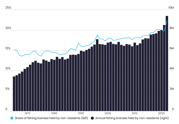
July 31, 2024
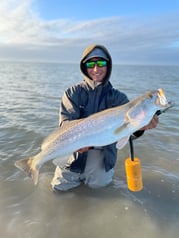
January 19, 2021

November 15, 2023
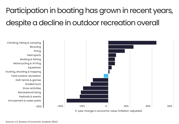
June 28, 2023
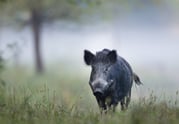
November 7, 2023
Related Articles
June 8, 2022
November 10, 2022
October 4, 2022
Featured Locations
- Fishing Charters Near Me
- Austin Fishing Guides
- Biloxi Fishing Charters
- Bradenton Fishing Charters
- Cabo San Lucas Fishing Charters
- Cancun Fishing Charters
- Cape Coral Fishing Charters
- Charleston Fishing Charters
- Clearwater Fishing Charters
- Corpus Christi Fishing Charters
- Crystal River Fishing Charters
- Dauphin Island Fishing Charters
- Daytona Beach Fishing Charters
- Destin Fishing Charters
- Fort Lauderdale Fishing Charters
- Fort Myers Fishing Charters
- Fort Walton Beach Fishing Charters
- Galveston Fishing Charters
- Gulf Shores Fishing Charters
- Hatteras Fishing Charters
- Hilton Head Fishing Charters
- Islamorada Fishing Charters
- Jacksonville Fishing Charters
- Jupiter Fishing Charters
- Key Largo Fishing Charters
- Key West Fishing Charters
- Kona Fishing Charters
- Lakeside Marblehead Fishing Charters
- Marathon Fishing Charters
- Marco Island Fishing Charters
- Miami Fishing Charters
- Montauk Fishing Charters
- Morehead City Fishing Charters
- Naples Fishing Charters
- New Orleans Fishing Charters
- New Smyrna Beach Fishing Charters
- Ocean City Fishing Charters
- Orange Beach Fishing Charters
- Panama City Beach Fishing Charters
- Pensacola Fishing Charters
- Pompano Beach Fishing Charters
- Port Aransas Fishing Charters
- Port Orange Fishing Charters
- Rockport Fishing Charters
- San Diego Fishing Charters
- San Juan Fishing Charters
- Sarasota Fishing Charters
- South Padre Island Fishing Charters
- St. Augustine Fishing Charters
- St. Petersburg Fishing Charters
- Tampa Fishing Charters
- Tarpon Springs Fishing Charters
- Venice Fishing Charters
- Virginia Beach Fishing Charters
- West Palm Beach Fishing Charters
- Wilmington Fishing Charters
- Wrightsville Beach Fishing Charters
